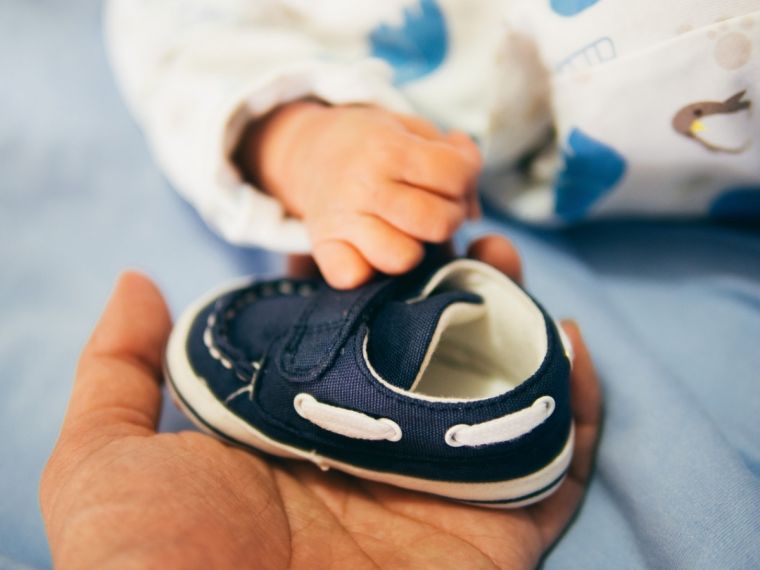Post-natal depression in dads linked to emotional problems in teenage daughters

The daughters of men who had post-natal depression are more likely to experience emotional problems as they reach adulthood, researchers at Cambridge University have found.
They examined 3,176 father-child pairs in Bristol who were drawn from the ongoing Avon Longitudinal Study of Parents and Children started in 1991.
According to the study, published in the JAMA Psychiatry journal, revealed that nearly one in 20 fathers suffered from post-natal depression, a condition more commonly associated with mothers of newborns.
Researchers established a link between fathers who experienced depression in the first few weeks after their child was born and depression in their daughters when they reached the age of 18.
There was a 'small but significant' increased risk of depression among girls whose fathers had experienced post-natal depression, they said. Although a link was identified between fathers and daughters, sons were unaffected.
The researchers said it was unclear why girls were more likely to be affected at this age and that there could be unique characteristics of the father-daughter relationship in adolescence.
They also speculated that mothers could be negatively affected by the fathers' post-natal depression, causing higher levels of stress and disruption for everyone in the family. It was also possible that depression in one or both parents could affect the way they interacted with their children.
Earlier research on the same Bristol pool by the researchers found a link between post-natal depression in fathers and behavioural and emotional problems in their children at the ages of three-and-a-half and seven.
They said it was possible that paternal depression causes conflict between partners, triggering maternal depression and negatively impacting the dynamics of the whole family.
The latest findings prompted the study authors to recommend that post-natal depression in fathers be considered by health professionals in addition to mothers following the birth of a baby.
Study co-author Professor Paul Ramchandani said: 'It appears that depression in fathers is linked with an increased level of stress in the whole family, and that this might be one way in which offspring may be affected.
'Whilst many children will not be affected by parental depression in this way, the findings of this study highlight the importance of providing appropriate help to fathers, as well as mothers, who may experience depression.'
Mark Williams, founder of Fathers Reaching Out, which is campaigning for more mental health screening of new fathers, welcomed the findings.
He said fathers were often 'suffering in silence' after the birth of their baby and needed more support.
'Fathers' postnatal depression impacts on the whole family when unsupported, often resulting in fathers using negative coping skills, avoiding situations and often feeling anger,' he said.
'In my experience of working with families, it's sometimes only the father who is suffering in silence but sadly very few are asked about their mental health after becoming a parent.'











